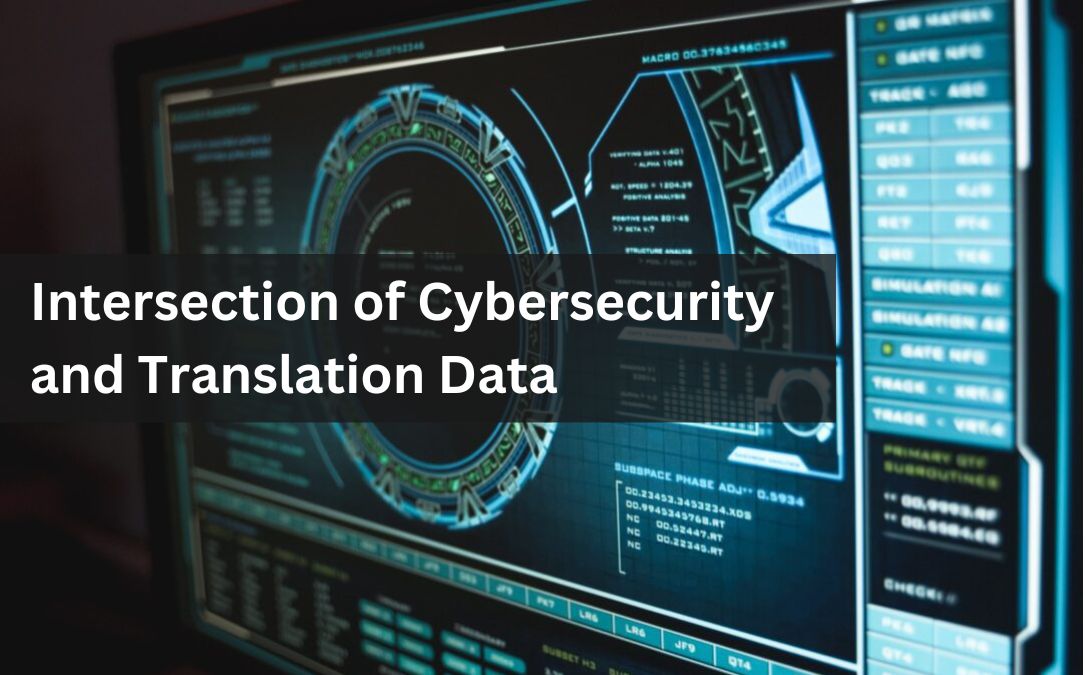In our increasingly interconnected world, the exchange of information knows no borders. As businesses expand globally and individuals communicate across diverse linguistic landscapes, the demand for accurate and efficient translation services has skyrocketed. However, as we embrace the benefits of a more connected planet, we must also address the critical issue of cybersecurity within the realm of translation data.
Translation services, whether powered by human linguists or advanced artificial intelligence, play a pivotal role in breaking down language barriers and facilitating effective communication. As organizations leverage these tools to communicate with international partners, clients, and audiences, the sensitive nature of the information being translated cannot be overlooked.
One of the primary concerns in the realm of translation data is the potential for data breaches. Language service providers often handle a vast array of confidential information, ranging from sensitive business contracts to personal communications. Cybercriminals are well aware of the value that lies within these linguistic datasets, making translation platforms an attractive target for malicious actors.
To mitigate the risks associated with translation data, robust cybersecurity measures are essential. Encryption protocols must be implemented to safeguard the confidentiality of the information during both transmission and storage. Additionally, access controls and authentication mechanisms should be rigorously enforced to ensure that only authorized personnel can access sensitive translation data.
Furthermore, the integration of secure application programming interfaces (APIs) is crucial in maintaining the integrity of translation platforms. API security measures protect against unauthorized access and potential attacks, ensuring that the data being processed through translation services remains confidential and tamper-proof.
As organizations grapple with the challenge of securing translation data, the importance of compliance with international data protection regulations cannot be overstated. The General Data Protection Regulation (GDPR), for instance, mandates stringent requirements for the handling of personal data. Language service providers must adhere to these standards to guarantee the privacy and rights of individuals whose information is being translated.
Another aspect that necessitates attention is the potential bias within translation algorithms. As artificial intelligence continues to evolve, it is crucial to address and rectify any inherent biases that may be present in these systems. Biased translations not only compromise the accuracy of the information being conveyed but also pose ethical concerns. Cybersecurity measures must extend to include regular audits and evaluations of translation algorithms to identify and eliminate biases, ensuring fair and unbiased communication.
In conclusion, the intersection of cybersecurity and translation data is a critical frontier that demands our attention. As the world becomes more interconnected through language services, the protection of sensitive information and the preservation of privacy must be paramount. The title, “Securing the Global Conversation: The Crucial Intersection of Cybersecurity and Translation Data,” emphasizes the importance of fortifying our digital communication channels to enable a safer, more inclusive global dialogue. By implementing robust cybersecurity measures, adhering to data protection regulations, and addressing algorithmic biases, we can unlock the full potential of translation services while safeguarding the integrity of the information they handle.

